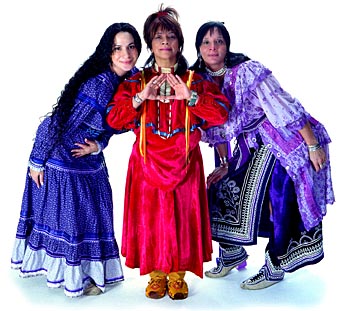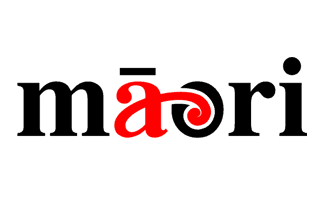

Through my love of sports, I came across an article in ESPN the Magazine awhile back about basketball taking root in many indigenous communities across the U.S. and Canada. I found this quite interesting because "Rez Ball" as it is called is helping to keep the younger generations away from drugs and alcohol. "Rez Ball" has become so popular that there is now a nationwide tournament held in Phoenix every year where coaches and scouts from colleges can come and possibly recruit kids that normally wouldn't get the chance to play college basketball. "Rez Ball" is a great way for teens to stay away from the streets and it gives them something to look forward to when life on the reservations are very barren. This article addresses the struggles that young Native Americans go through when using and selling drugs is the easy way out, but for a growing population, "Rez Ball" is the way out.
-Ian Brown





